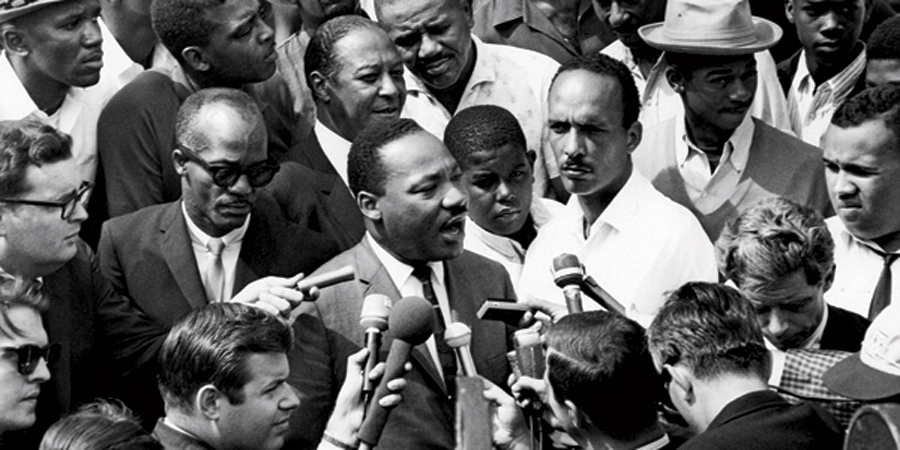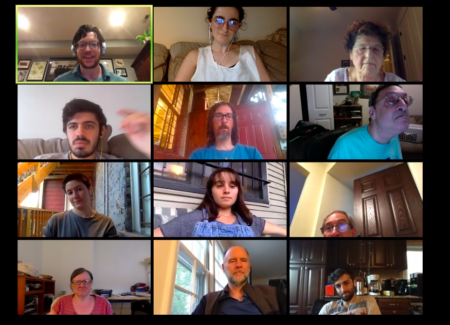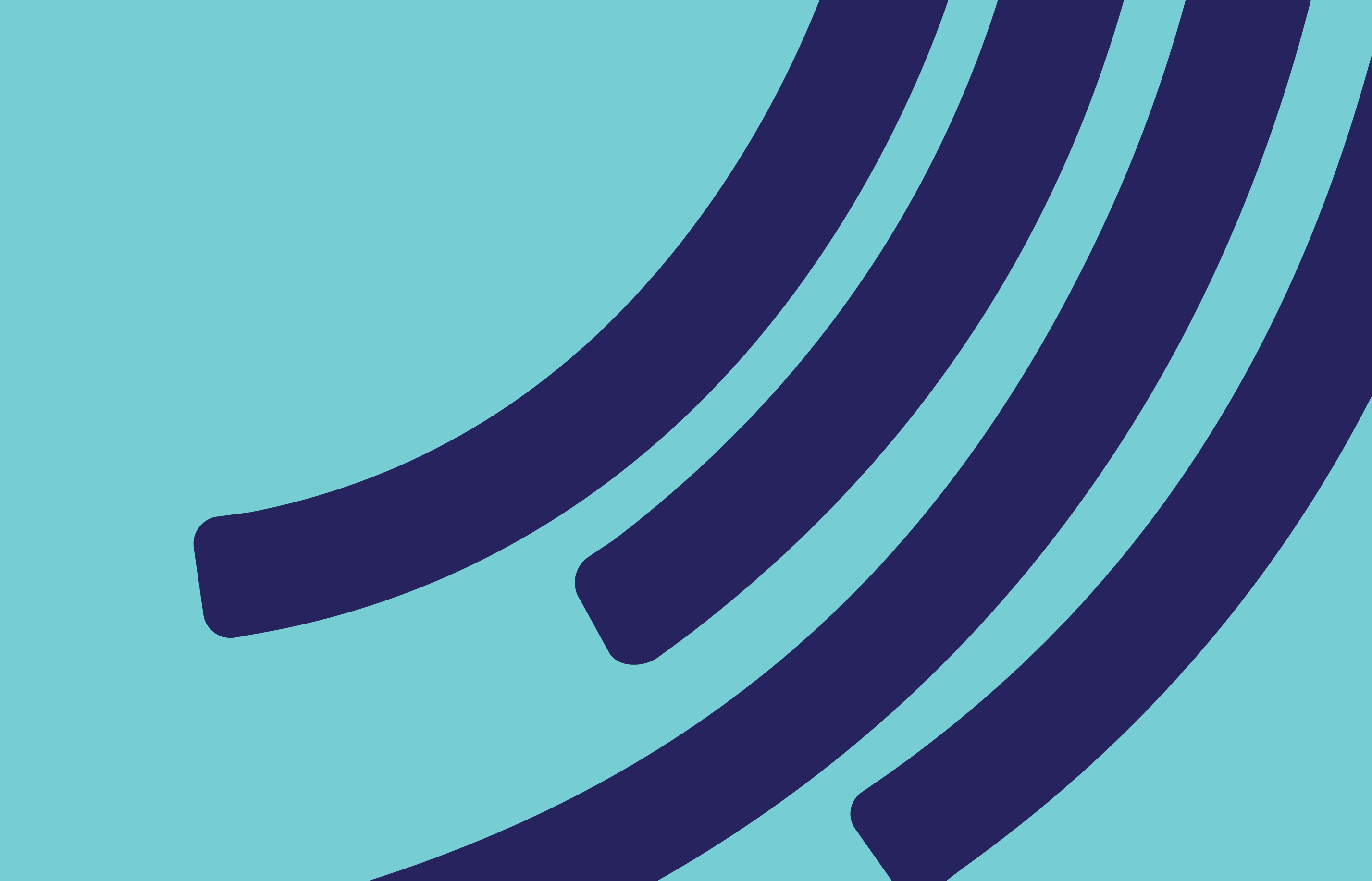Why it’s critical for Jewish communities to be engaging in racial justice learning — especially now
A few weeks ago, 17 of our Mishkan community members, including members of our staff and our rabbis, took part in the Jewish Council on Urban Affairs’ racial justice training for Chicago-area congregations on a rainy Sunday, over Zoom (like all things nowadays). As a spiritual community, we had already gathered a small group back in February with the help of Bechol Lashon to dig deeper into understanding the racial diversity within the Jewish community and how we could begin to take steps to build a Mishkan community that reflects that diversity. But then the pandemic hit, and it felt like all of our early work was now put on hold.
And that was too bad — because it’s not as though racism stopped being an issue in a global pandemic; if anything, as we’ve seen with the stark racial disparities of whose lives are most affected by COVID-19, the killings of Ahmaud Arbery and George Floyd, and Amy Cooper’s calling of the police claiming that an African American man was threatening her life, racism is alive and well.
So here is where I turn to fellow white folks in our community. Rather than another round of article-sharing, hand-wringing, and righteous indignation until the next headline comes along, I want to suggest that one of the best responses to feelings of confusion, powerlessness, and anger at instances of racial injustice is to join with others in our spiritual communities to turn the lens inward, on ourselves, and begin to examine how white supremacy manifests in our own hearts, minds, actions, and communities.
For me, one of the major lessons of JCUA’s racial justice training was the suggestion for us to shift away from talking about racism and move toward an ability to speak about white supremacy.
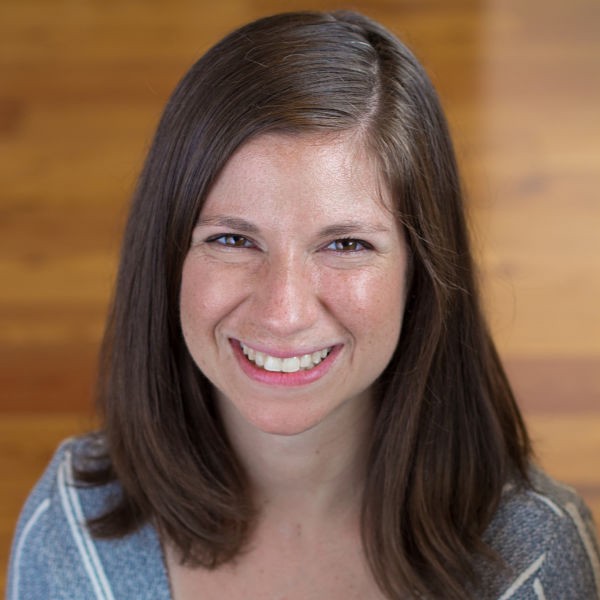
Why? What’s the difference?
When I think about racism, I imagine acts of hate done by individual racists, consciously. It puts me on the defensive. I’m not a racist, right? If I understand myself as a fundamentally good person, I can’t also understand myself as a racist — it just doesn’t compute.
But when I learn to get comfortable using the language of white supremacy, I realize that it’s not just about white KKK robes, modern-day lynchings, or police brutality. It’s about an entire ideology, on which our nation is based, that white people are superior to people of color. That ideology has been fundamentally baked into our schools, our police forces and prisons, our housing policies and healthcare — and has found its ways, insidiously, into our own minds and hearts.
Growing up in public school classrooms in South Carolina, I sat in honors classes that were predominantly white and subconsciously reasoned that this was because white kids were inherently smarter than black kids; I had no understanding of unequal access to key educational resources, like quality curriculum, skilled teachers, family support or financial stability. I just accepted this “truth” as a given throughout my childhood and early adulthood, and it was only through reading and attending trainings such as JCUA’s over the past decade that I could begin to unlearn the tenets of white supremacy that I had unwittingly absorbed from such a young age.
When I began to realize that these beliefs and policies are the scaffold of a much larger system, it became depersonalized, in a productive way. I don’t have to be trapped in a spiral of shame or guilt when I notice myself holding one of these ideologies — instead, I can notice it, separate it from my sense of self, and begin to be more mindful about it every time I see it showing up in my day to day life. It’s an ongoing unlearning, not a one-time revelation. And it’s the only way I can be an authentic ally — someone who actually makes the world a more safe and loving place for all.
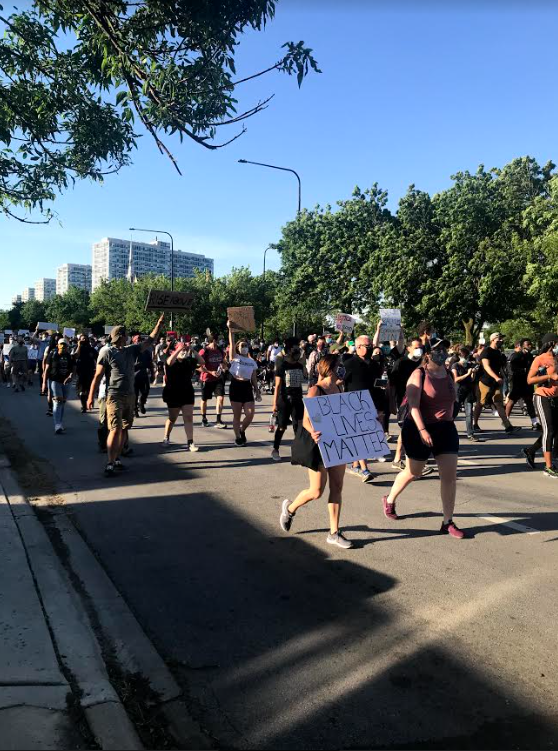
This is the approach I try to practice when I see manifestations of white supremacy pop up in my community. Of course, when I hear someone say something racist, my first reaction is to get angry and pounce. But though immediately calling them out and shaming them will feel righteous, momentarily, I know it isn’t going to lead to deep, lasting change for them, or for me. So I try the zoom-out approach, naming and noticing the belief, questioning it, pointing out how it is rooted in an ideology of white supremacy, and sharing how I’m in my own process of un-learning this too. As a white woman, this kind of patience is a privilege. A privilege because when someone says something racist in my presence, there is no immediate threat to my physical well-being — I have the privilege to zoom-out, the privilege to take a breath, and move forward without conjuring years of racial trauma. And that privilege can be in service. I can use my voice, a voice that hasn’t been exhausted by years facing racism, to speak up and help guide another’s un-learning.
On the eve of Shavuot, as we open to the experience of revelation of Torah, this approach to learning and unlearning reflects our Jewish tradition’s understanding of how the process of revelation itself occurs: not as a one-time event in history, but as an ongoing process. When Moses recaps the memory of revelation at Mt. Sinai for the Israelites in Deuteronomy, he says, “The LORD spoke those words — those and no more (velo yasaf) — to your whole congregation at the mountain, with a mighty voice out of the fire and the dense clouds,” (Deut. 5:19). Rashi picks up on the phrase “velo yasaf” and says this means that the Divine voice speaks without needing to pause, as humans do, and therefore God’s voice continues to reverberate today.
Our job is to pick up on those echoes of divinity and answer their commanding presence — to hear the call to unlearn patterns of oppression and replace them with a vision of humanity that recognizes the divine spark that exists in every single human being. I would argue it is not just a moral obligation — it is a spiritual one.


